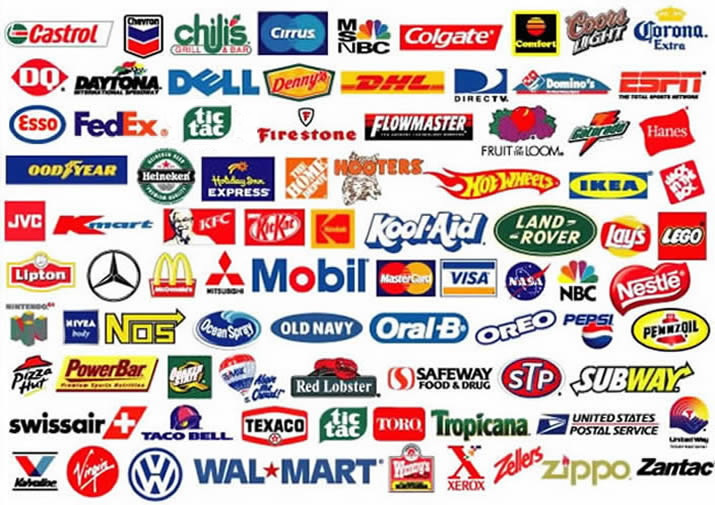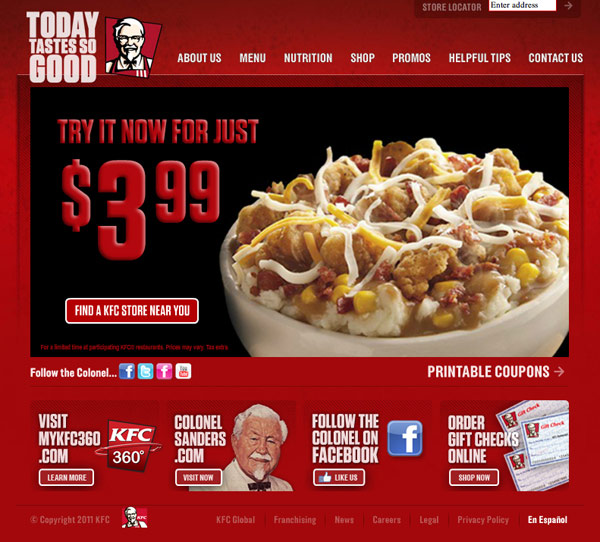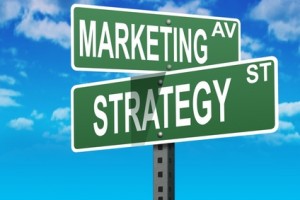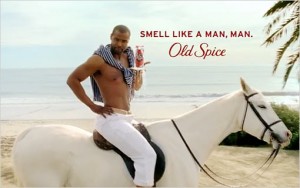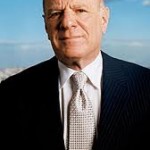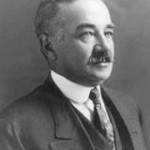As I searched some of the past blogs written by my classmates, I came across a post by Chloe Chen. The post was titled, “Strategic Use of Print Advertising,” and gave some insight to the position of print advertising in today’s marketing world. Although Chloe stressed that print advertising still plays an important part in marketing, there is no doubt that an increasing online presence has had great impact.
Moreover, after reading her blog I began to think how quickly the modes of marketing are changing across the globe and what lies in the future for marketing. I found this topic very interesting so I began searching the web to find some of the possible ways marketing is heading in the future. I began my search with electronic commerce and new forms of social networking and I came across the video below:
If you didn’t have time to watch the full video, it shows how a company in Korea created a virtual grocery store in the middle of an underground subway! The store’s virtual displays replicate exactly what customers would see in their actual store, but now customers can use their smart phones to shop. One would simply have to scan the online code with their phone and the product would automatically land in an online cart and be delivered to their home. I believe changes in marketing are impacted heavily by two factors: convenience and speed. Online newspapers began overriding print newspapers because they could be quickly updated and were conveniently accessible. Similarly, these virtual stores offer great convenience and a fast, automatic updated delivery system. I am amazed of how quickly the world grew to accept the rising of Social Networking, now I can only wait to see how the world reacts to new virtual realities.




